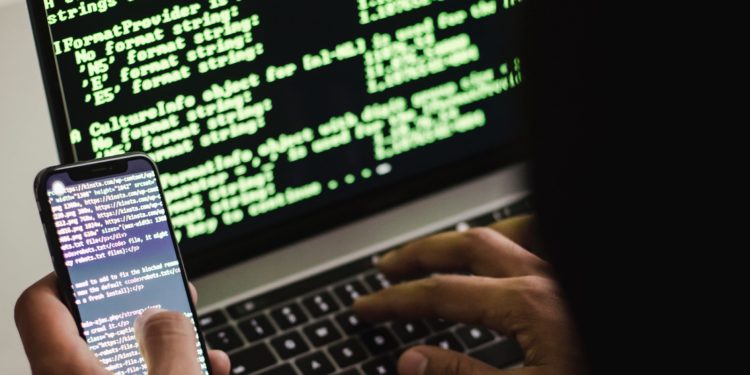Malware and viruses are a threat to all programmable devices with a network connection. Apple devices are by no means exempt from this, even if they do offer certain advantages. However, instead of measures for virus protection, it would be better to talk about protection against malware, because instead of viruses, Trojans, for example, are a bigger problem today.
Since the scandal surrounding the Pegasus software, there are even researchers who accuse the Cupertino company of not doing enough to ensure the security of its users, as heise.de recently reported. reportedDo Apple devices even need antivirus software? It is definitely a good idea. Apple devices have a certain advantage in terms of security with their UNIX foundation. However, these security measures can be overcome, which happens all the time. For a long time, Apple devices had the advantage that they were rare. This made it less interesting for malware programmers to write malicious programs for Apple devices. However, the more popular Apple became, the more this advantage disappeared. Today there is so much malware for Apple devices that you should definitely take care of protection against it. This can also be done easily, for example by downloading the software from Avira install.
How does antivirus software work on macOS and iOS?
You can use the free version and only purchase the premium products if you are interested. The basic ideas are the same as those of antivirus software for other systems. The software manufacturers collect as many malware programs as possible and assign them an identifying signature. These signatures are then forwarded to the computers that have the corresponding antimalware program installed. The antimalware program then checks files for these signatures. If the program finds such a signature, it warns the owner of the computer accordingly. The main difference between macOS and iOS is that you can install any program you want on a device running macOS. This of course brings with it greater security risks. The iOS system, on the other hand, is closed and this means that only software from the App Store can be installed. However, it does happen again and again that programs containing malware are included in Apple's App Store.
What additional protection does antivirus software usually offer?
This depends on the provider and is an essential criterion for choosing antivirus software.
- A VPN or virtual private network that allows you to surf more securely.
- A password manager so you no longer have to remember passwords for every single website.
- A check of websites for the risk of automatic download of malware.
- Collecting data about the consumption of RAM and storage. This way you can keep an overview of the load on your device.
- Many manufacturers of antimalware programs for Apple devices also offer protection against malware for Windows. Although this does not pose a threat to Apple devices, it is very helpful to avoid forwarding such malware to contacts with Windows devices.
- Protection against ransomware, i.e. the encryption of your data with the aim of extorting a ransom.
- There are also special additional offers of interest for iOS devices. If lost, they can be located again using these functions. There is also the option of blocking Siri from recording conversations and monitoring data traffic via WiFi.
Conclusion
Computer criminals always attack the most valuable targets, and Apple device owners are among them. Since Apple has become more and more popular, the malware threat has also steadily increased. So it's worth getting started on protecting yourself against viruses, Trojans and more, especially since many protection programs also offer other useful features. (Photo by Sora Shimazaki / Pexels)





